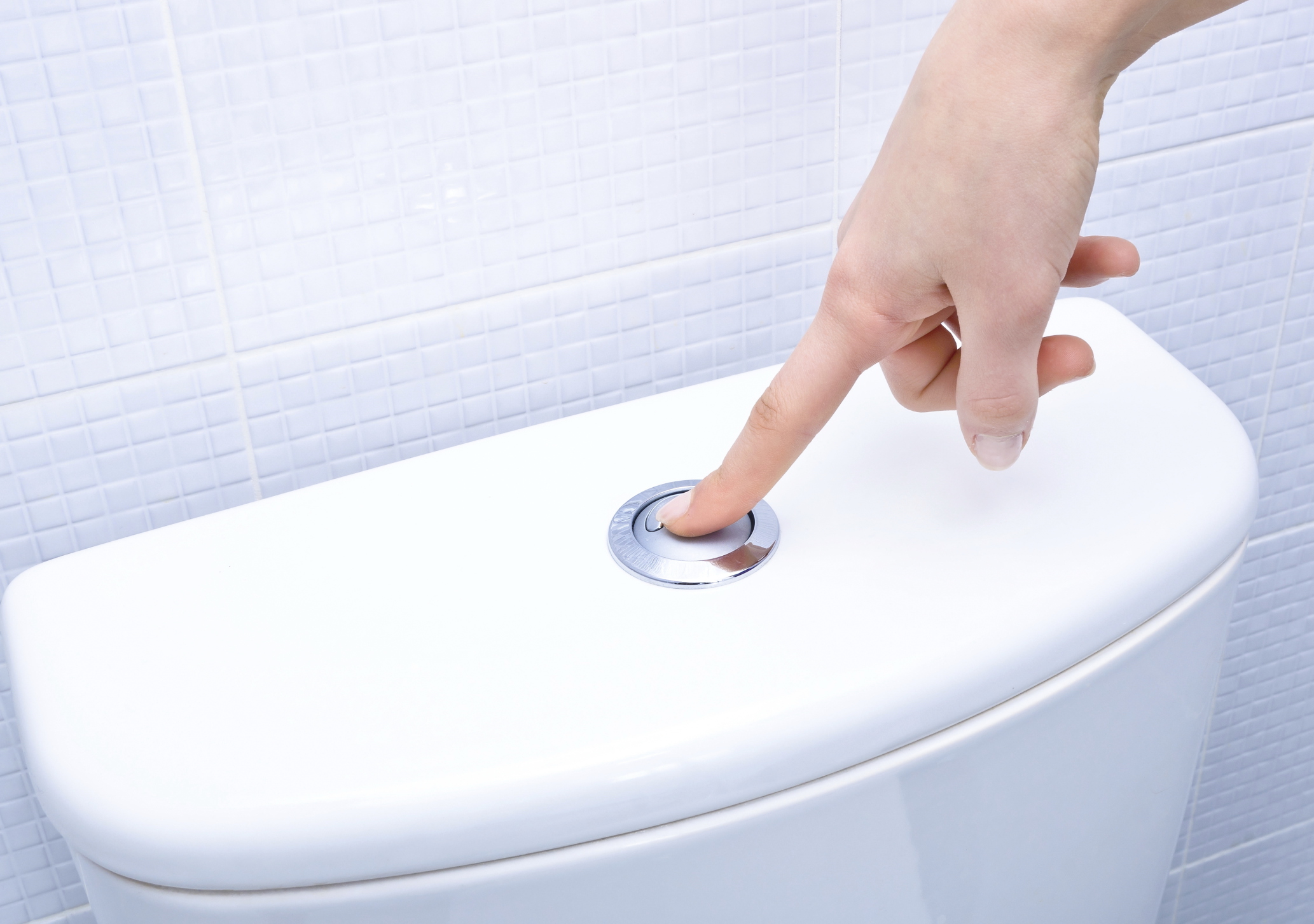Green Stool
OVERVIEW | CAUSES | Care and Treatment | Home remedies | when to call a doctor | REFERENCES

OVERVIEW
Green stool is a condition in which the feces have a green coloring or tint. Green poop may be normal in some cases, such as in breast-fed infants. Green stool can also be caused by taking iron supplements or eating certain foods, such as green leafy vegetables. Green stool can also indicate a problem with food digestion due to a disease, disorder or other abnormal process.
The normal color of stool or feces is generally light to dark brown. Stool gets its color from bile, which is a yellow-green fluid produced in the liver that helps to digest your food. As food passes through your digestive tract, digestive enzymes break down the bile, resulting in various shades of brown stool. When a disease or condition causes diarrhea, food passes through the digestive tract rapidly, and stools may be green because digestive enzymes did not have time to turn the stool brown.
CAUSES
Green stool can occur due to a normal or benign (harmless) condition and not be a cause for concern. For example, you may produce green stool after consuming certain iron-rich foods or iron supplements, leafy green vegetables, or products with green food coloring.
Additionally, a newborn baby will normally pass thick, sticky and dark green stools (called meconium) for the first few days after birth. Breast-fed babies may also have greenish stool.
Green stool can also be a symptom of various intestinal disorders that interfere with the normal digestion process, such as Salmonella food poisoning. As food passes through the digestive system, a yellow-green fluid called bile that helps digest food changes color, resulting in a stool that is light to dark brown. However, when an infection such as Salmonella causes diarrhea, food and feces pass through the digestive tract quickly before changing to a brown color.
Disease-related causes of green stool
Green stool can be caused by the following diseases:
- Bacterial infection
- Celiac disease (severe gluten intolerance that damages the small intestine)
- Eating disorder, such as binge eating and abusing laxatives
- Giardia (protozoan infection)
- Intestinal cancer
- Irritable bowel syndrome (IBS; digestive discomfort that does not cause intestinal damage or serious disease)
- Pseudomembranous colitis (often due to overgrowth of C. difficile bacteria after a course of antibiotics for another bacterial infection)
- Salmonella or E. coli food poisoning
- Viral gastroenteritis (stomach flu)
Medication- and food-related causes of green stool
Green stool can be caused by supplements and other ingested substances including:
- Breast milk
- Certain antibiotics, which can lead to antibiotic-associated diarrhea and progress to pseudomembranous colitis
- Eating green crayons
- Green food coloring, such as those in drinks or popsicles
- Iron supplements
- Laxatives
- Leafy green vegetables, which are rich in iron
Care and Treatment
Green stool can be normal based on your individual circumstances, but it can also be caused by a serious intestinal infection or other disorder. It is important to contact your healthcare provider when you develop a persistent color change in your stool. Once the underlying cause is diagnosed, following the treatment plan that you and your healthcare provider design specifically for you can help reduce any potential complications including:
- Dehydration from loss of fluids
- Low potassium levels
- Malabsorption syndrome
- Malnutrition
Home Remedies
The following measures may be enough to get you through a bout of green stool.
- Keep track of what you're eating: Since dietary changes are the most common cause of green stool, keep a food diary and compare meals to stool output. In most cases, you'll experience green stool in the day or so after you've indulged in that kale salad or green smoothie.
- Review your medications: Prescription labels will often indicate if changes in your stool may occur after taking a certain medication. Over-the-counter medications and natural supplements are among the most commonly overlooked offenders.
- Be patient if you're ill: Most infectious causes of stomach upset and diarrhea resolve on their own with hydration and rest. While your stool may turn green while you're ill, it will likely return to its healthy color after the illness has run its course.
When to call a doctor
If you experience the following, see a physician promptly.
- Diarrhea that does not resolve after a few days
- Stool changes with severe, persistent abdominal pain
- Foamy or foul-smelling stools
- Other changes in stool color, including red, dark black, or very pale stool
- Recent consumption of raw or undercooked food
- Camping or travel abroad
Seek help right away if you have:
- A very large volume of stool: Especially if it is dark black or bloody
- Signs of severe dehydration: Such as fast heartbeat, dizziness, or passing out






































































































